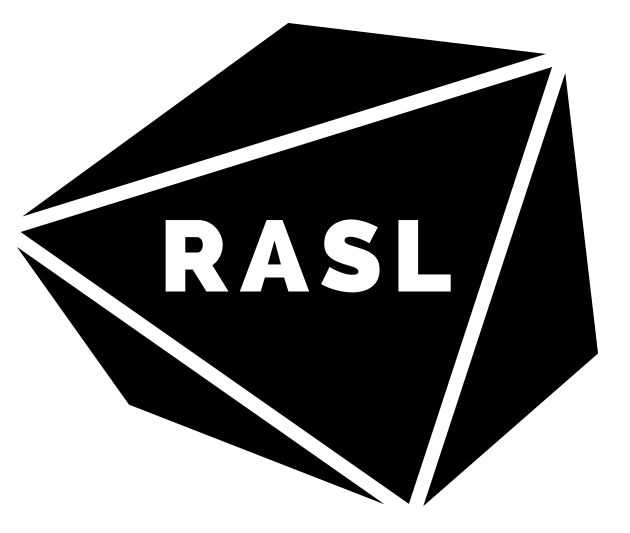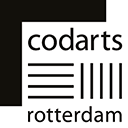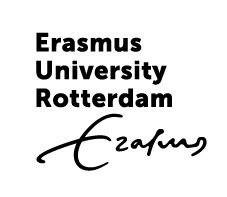
- This event has passed.
Symposium NGE / RASL
Who or what is the artist of the future?
Symposium on transdisciplinarity in arts, sciences, and philosophy
Organised by Nederlands Genootschap voor Esthetica (NGE) / Dutch Association of Aesthetics & RASL
About the symposium
Who or what is the artist of the future?
Symposium on transdisciplinarity in arts, sciences, and philosophy
Organised by Nederlands Genootschap voor Esthetica and the Rotterdam Arts and Sciences Lab
Education and research, in both the arts and the sciences, are to a large extent future-oriented.
In Higher Education for the arts and the sciences we observe a drive to experiment with various forms of collaboration. This results in transdisciplinarity; a trend that is increasingly made concrete in education- and research programmes.
This trend raises fundamental and practical questions about the assumptions of transdisciplinarity, its fundamental conditions, and its future imaginaries. These questions are as relevant for the philosophy of the arts, pedagogy, and the philosophy of science as much as these fields can contribute to transdisciplinary practices.
First of all: Why Transdisciplinarity, and towards which ends? An often heard claim is that collaboration between ‘the arts’ and ‘the sciences’ enables engaging with wicked problems or complex societal concerns, such as global warming, public health issues, and increasing inequalities.
But what is it that artists and scientists do when they collaborate, and what do they work on? What is the role of imagination? Can scientists make use of artistic imaginations and artists of the scientific imagination? Are these imaginations different, and if yes, how? Or are transdisciplinary projects experimenting with new forms of imagination that cannot be categorised along the lines of ‘the sciences’ and ‘the arts’?
Second of all: Transdisciplinarity raises the question about the future and futuricity? What do we talk about when we talk about the future? What kind of future is anticipated when we collaborate across the disciplinary bounds of the arts and sciences? Which images of the future condition and diirect transdisciplinarity? And where does this orientation on the future stem from?
Third of all: What is quality in transdiciplinary collaborations between artists and scientists? And what are the qualities needed when doing so? Also, as a philosophical question: How can you reflect and determine quality? What can aesthetics, as a philosophical discipline, contribute to reflecting about qualiy when disciplines engage with one another, cross into each other’s domains, and perhaps even forge new fields? Do we ‘measure’ or ‘safeguard’ quality in transdisciplinary projects? Do we need to? Do we want this? And if yes, how would we be able to do so?
Program:
10.00: open, coffee and tea.
10.30-11.15: NGE-vergadering voor NGE-leden (agenda wordt nog toegezonden)
11.15-12.00: Clinton Peter Verdonschot: Immanent and aesthetic critique (English)
A reconstruction of Theodor Adorno’s method of aesthetic critique in order to propose it as an alternative to immanent critique. ‘The positive function of aesthetic negativity in Adorno’
12.00-12.45: Gert Wijlage – Van singulariteit naar gemeenschap: het kunstinitiatief DeFKa (Dutch)
Trefwoorden: affectieve plaatsbepaling, individueel proces, wederzijdse inspanning, transversaal denken, coöperatieve maatschappij, nieuw materialisme.
Referenties: Michel Serres, Jean Piaget, Deborah Hauptmann, Hans-Jörg Rheinberger, Lucy Irigaray, Lieke Asma. Projecten o.a.: Rosanna van Klaveren, Ivanka Annot, Ingeborg Entrop, Monika Auch.
12.45-13.45: Lunch
13.45-14.30: Arthur Cools – Dissensus and Artistic Activism (English)
Artistic activism entails the risk that opacity is subordinated (or even erased) and that the political meaning of the artistic intervention replaces and conceals the ambivalences of artistic modes of presentation and impedes their appreciations.
References: Mouffe, Rancière, Lyotard, Lamarque (‘The Opacity of Narrative’).
14.30-15.15: Emily Evans, Gerty Van de Perre, Niels van Poecke – Staging Cancer: Constituting Illness through Theatre (English)
A discussion of the transdisciplinary space that arises in the disciplinary boundary transgression of the fields of arts, social sciences and the specific healthcare domain of medical oncology. ‘Does theatre allow us to work towards narrative integration of contingent life experiences by advanced cancer patients?’
15.15-15.30: Short break
15.30-16.15: Arthur Cools – Dissensus and Artistic Activism (English)
Artistic activism entails the risk that opacity is subordinated (or even erased) and that the political meaning of the artistic intervention replaces and conceals the ambivalences of artistic modes of presentation and impedes their appreciations.
16.15-17.00: Wander van Baalen – Art-science: A story about the hyphen (English)
How does an art-science collaboration come into being? How is this new intersection stabilized? This is an ethnographically informed story from the art-science construction site.
17.00-17.30: Conversation RASL & NGE & audience on transdisciplinarity in arts, sciences, and philosophy.
Drinks till 18.30
Friday, June 24, 2022
Location: RASL space, Hillevliet 90, 3074 KD Rotterdam-Zuid
Language: Dutch & English
Admittance
RSVP: let us know when you plan to attend (with regard to catering) by sending a mail to: erikhagoort@dds.nl




